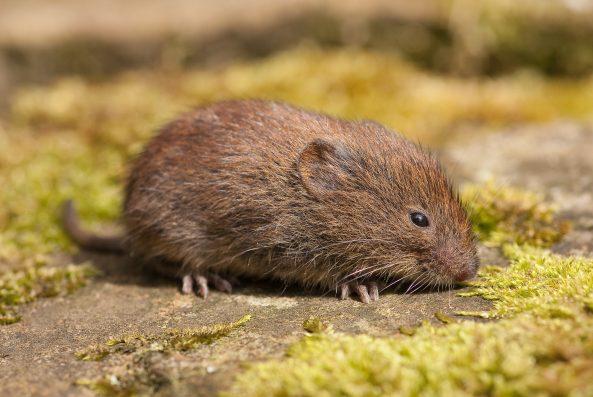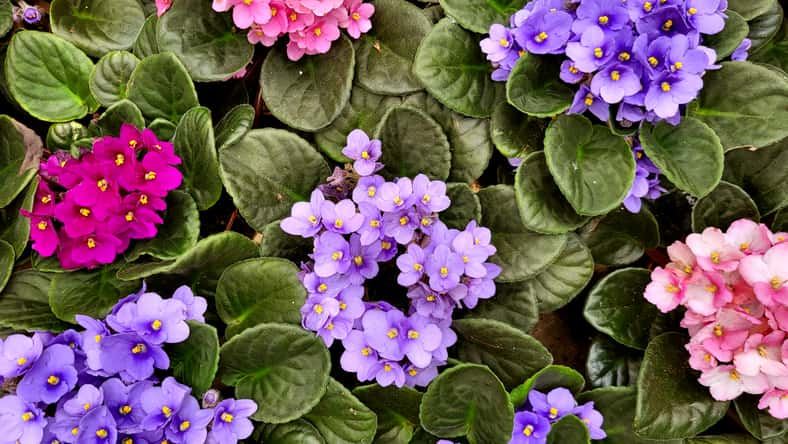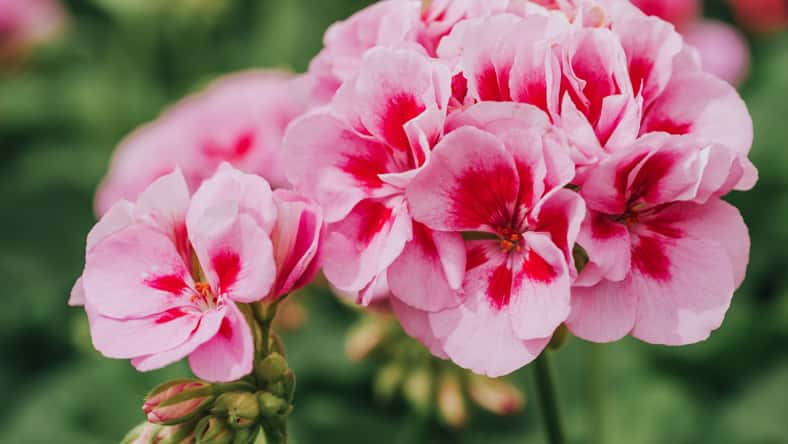
Voles are little rodents that look like a cross between a mouse and a mole. But while they might seem cute, don’t be fooled– these critters are garden wreckers.
Unlike moles that mainly feed on insects and grubs, voles have a more expansive diet.
They love munching on your plant roots, bulbs, and even bark if given a chance. Oh, and did we mention they reproduce quickly? One vole today could mean a whole family tomorrow.
That’s why it’s best to deal with these critters as soon as possible to keep them from wreaking havoc on your garden.
Why Voles Are Bad News For Your Garden
You’ve probably spent weeks planting, watering, and nurturing your garden. The last thing you want is a little creature sabotaging all that hard work.
Voles go for the roots, effectively killing your plants from the ground up. Whether it’s your beautiful flowers or your homegrown veggies, voles aren’t picky eaters.
Plus, they dig runways through your lawn, leaving an unsightly maze of dead grass and upturned soil. So, if you’re growing crops, voles can be a financial hit, too.
Your First Line Of Defense Is Always Fencing

One way to keep voles at bay is to install a fence around your garden.
Opt for a wire mesh fence with holes smaller than an inch to ensure voles can’t squeeze through. Also, make sure to bury it at least 6 to 10 inches below ground level to deter digging.
Fences are a practical and non-toxic solution that provides a physical barrier between your plants and hungry voles.
Vole Repellents
Chemical repellents designed for voles are also available. They’re generally made of capsaicin—the stuff that makes chili peppers spicy—and can deter voles from taking a bite.
Spray it generously around plants and problem areas, but be aware that rain will wash it away. Organic repellents like castor oil can also be effective, but they do require frequent reapplication.
Predator Introduction
Sometimes, the best way to deal with a pest is to introduce a natural predator.
And owls and hawks love a good vole meal. So, installing owl nesting boxes or hawk perches can attract these birds of prey to your garden, helping to control the vole population.
Trap And Release
If you’re the compassionate type, you can also use live traps to catch voles and release them far away from your property.
Peanut butter or apple slices make effective, irresistible bait. Then, just check the traps daily and relocate any captured voles at least a mile away from your home.
Cleanliness Is Key
Voles love messy gardens with lots of hiding places. That’s why keeping your garden clean can be the best way to discourage them from setting up shop.
Regularly remove leaf litter, trim low-hanging branches, and mow your lawn to make it much less inviting to these critters.
If true crime defines your free time, this is for you: join Chip Chick’s True Crime Tribe
Sign up for Chip Chick’s newsletter and get stories like this delivered to your inbox.












